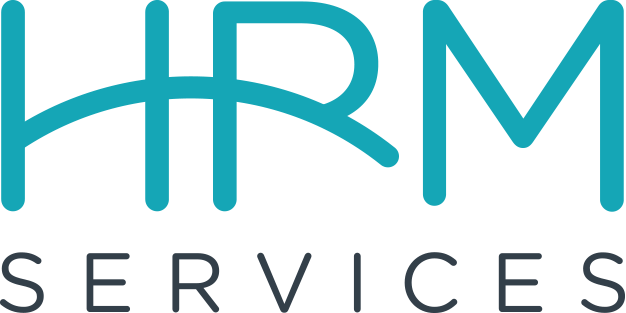
Welcome to the June edition of HR Hot Topics. This month, we’re taking a break from legislative updates to delve into a subject that’s close to my heart and crucial in the HR field: managing difficult conversations effectively. It’s a topic I spend a lot of time training on because it’s pivotal for both personal growth and professional success.
The Importance of Tackling Tough Talks
As HR professionals and leaders, it’s our job to navigate through uncomfortable discussions—things such as performance issues, expectation setting, or sensitive interpersonal conflicts. Despite the critical nature of these discussions, I recently read a Forbes article that stated 70% of employees tend to avoid them. In addition to avoiding these conversations, employees may exhibit passive-aggressive behaviors and maintain unresolved tensions, which isn’t what we want in a thriving workplace.
HRM’s Strategies for Leading Difficult Conversations
Handling these tough talks requires more than just courage—it requires tact, empathy, and a solid foundation of trust. Here are some techniques I use and recommend:
- Establish Trust: Trust is the bedrock of any meaningful conversation. Whether you’re interacting with a seasoned team member or a new recruit, the level of rapport you share can significantly influence the dialogue’s outcome.
- Utilize Care and Candor: Inspired by Kim Scott’s approach, I believe in the power of caring personally yet challenging directly. It’s about showing genuine concern while also being honest and direct—striking this balance is crucial for constructive feedback.
- Control Emotions and Check Assumptions: Entering a conversation with a calm demeanor and an open mind is essential. Managing your own emotions and setting aside preconceived notions allows for a clearer exchange of ideas.
- Practice Active Listening: This is fundamental. Ask open-ended questions, listen attentively, and engage with the responses. Understanding the other person’s perspective can pave the way for mutual resolutions.
- Be Prepared: Often, those initiating the conversation have had more time to process the situation. Remember, the person you’re speaking to might be hearing your concerns for the first time. Give them the space to process and respond during the discussion.
- Encourage Regular Dialogue: I strive to create an environment where difficult conversations are routine and not the exception. This not only helps in resolving issues promptly but also builds a resilient team dynamic.
Key Takeaways: Enhancing Leadership Through Effective Communication
Navigating difficult conversations is an art form that demands patience, empathy, and continuous learning. For us as leaders, mastering this skill isn’t just about solving problems—it’s about nurturing an open, communicative, and forward-moving workplace culture.
I look forward to discussing these topics and sharing practical insights and skill-building opportunities in our upcoming training sessions this fall. Keep an eye on your emails for more information, and let’s keep pushing the boundaries of what effective communication in the workplace can look like.

